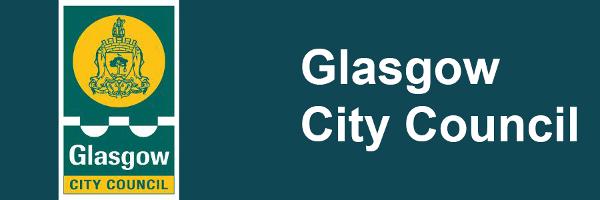Active Travel

Active Travel Strategy
Information and overview of the Active Travel Strategy 2022-2031.
City Network
About the City Network design and delivery for an accessible, safe, coherent and direct active travel network across Glasgow.
Travel Behaviour Change Strategy
Information about the Travel Behaviour Change Strategy.
Cycling and Urban Sports Strategy
Information about the Cycling and Urban Sports Strategy
Glasgow's Transport Strategies
Information on the suite of of transport related plans and documents.
Walking and Cycling Index
Information about Glasgow's Walking and Cycling Index.
Liveable Neighbourhoods
Information about Glasgow's approach to blending the 20-minute neighbourhood concept with the place principle.
Travel
Information about Walking and Wheeling, Cycling, Public Transport, Concessionary Travel, Taxis, Car Club and more.
Sustainable Transport Projects
Information and guidance on projects in development and construction, expansion of cycle route networks and associated infrastructure.
Inspiring Examples
Show casing various projects at local, National and International level, along with projects in development and constructions.




